Using Fennel While Breastfeeding – Does it Increase Milk Supply?

It is normal for a new mom to be concerned about her breast milk supply. While you are in your nursing stage, you may come across a problem related to breast milk production, which you must have read about in your pregnancy days and ignored. If you are facing issues with breast milk production, your baby won’t be satisfied with breast milk alone, and you may have to resort to formula milk to ensure that your baby’s nutritional requirements are not compromised. But if you don’t want to rely on formula milk for your baby, you need to make alterations in your diet to increase your breast milk production. Fennel or fennel seeds are known to increase breast milk supply and they can even provide many health benefits to the baby. Fennel is a natural remedy that most mothers are advised to use, but does it really help? Read on to learn all about fennel and breastfeeding!
What Is Fennel?
Fennel is a herb which is often used in cooking and is well-known for its healing properties. Fennel, also known as Foeniculum Vulgare is a part of the carrot family. It has yellow flowers and feathery leaves; the use of this wondrous spice can be traced back to ancient Egypt. Fennel, known as saunf in India, is often consumed after meals to promote healthy digestion.
Does Fennel Help in Increasing Milk Supply?
Yes, fennel helps in increasing breast milk supply. It is a well-known herbal galactagogue (a substance that helps in increasing breastmilk supply) and has been used to increase the supply of milk in nursing women for centuries.
How Does Fennel Help in Increasing Breast Milk Supply?
A galactagogue is a drug or a food source that aids in increasing the milk supply of nursing mothers. The reason that fennel is considered to be one is that it has phytoestrogens, which are similar to the oestrogen hormone that is naturally formed by the human body. Women have been using this herb for this very purpose for such a long time, and it has shown results for most women.
How to Consume Fennel During Breastfeeding?
There are many ways in which you can use fennel to solve your breastfeeding problems. However, it is advised that you consume it in small quantities. Here is how you can include fennel in your breastfeeding diet.
1. Using it as a Tea
To make fennel tea for nursing mothers, add 1 or 2 teaspoons of fennel seeds in a cup of boiling water and let it sit for some time. Later, strain the seeds. Drink this tea thrice a day for best results. You should always opt for freshly crushed fennel seeds to make fennel tea (1).
2. As a Flavouring Agent
Fennel seeds can be added to many dishes. You can use fennel while in salads or sauces to enhance their taste. Fennel seeds are very versatile and using them as a flavouring agent in your food is a great way to consume them.
3. In the Form of a Vegetable
It can be even consumed as a vegetable or you can add it to soups or other dishes.
4. Fennel Seeds
To derive maximum benefits from this wondrous herb, chew raw fennel seeds. You can also roast them if you don’t like it raw.
5. As Capsules
Taking fennel capsules for increasing breastmilk supply is a quick way to ensure that you get the right amount of it on a daily basis. Capsules come handy if you don’t like the taste of fennel seeds.
6. Fennel Oil for Topical Application
Mix about fifteen drops of fennel oil with one tablespoon of cold-pressed coconut oil and apply on your breast after you breastfeed your little one, however, make sure that you do not apply it on your nipples. For topical application, remember to take a break from using fennel oil every ten days.
Additional Health Benefits of Fennel
Here are some additional health benefits of fennel that may interest you:
1. Prevents Anaemia
Consuming fennel seeds can treat anaemia. Fennel seeds contain histidine and are rich in iron. These two compounds can cure iron deficiency and thus treat anaemia.
2. Helps in Digestion
Fennel seeds are often consumed raw after meals in India as it helps in digestion. Fennel includes components that stimulate digestive juices and reduce any inflammation in the stomach and the intestines. This makes sure that the nutrients are properly absorbed into the system.
3. Cures Constipation
Fennel seeds have anti-acidic properties and fennel powder can be used as a very potent laxative. Fennel is an ingredient that is used in many medications to treat irritable bowel syndrome, abdominal pain, diarrhoea, and many other intestinal problems.
4. Regulates Blood Pressure
Fennel is rich in potassium. It is a great vasodilator and can ease tension in the blood vessels, which helps in regulating your blood pressure.
5. Boosts Immunity
Fennel seeds are a good source of vitamin C, which helps in boosting immunity. Including a cup of fennel bulb in your diet can meet 20% of your daily requirement of Vitamin C. Consuming fennel also promotes eye health and is good for your skin and hair.
Are There Any Side Effects of Fennel on Breastfeeding Mothers?
People use herbs without any doubt but they should be used with caution as some herbs if taken in the wrong amount, herbs can be extremely dangerous to your health. When considering taking any type of herbal remedy, always consult with your doctor. Consuming any herb in enormous amount may actually decrease your milk supply (2). So, if you are planning to take fennel seeds to increase your breast milk supply, consult with your doctor first and check whether you are allergic to it or not (3). Similarly, for topical application of fennel oil, first, test it on a small patch of your skin to ensure that you are not allergic to it. Since fennel oil should not be put on small children, you need to be very careful when using the fennel oil topically. Also, you must clean your breasts thoroughly before you start any nursing session with your baby.
When Should Breastfeeding Moms Avoid Fennel?
Although fennel helps in increasing breastmilk supply, it should be avoided in certain cases. A breastfeeding mother should avoid fennel under the following conditions.
1. Epilepsy or Other Seizures
If you have epilepsy or any other condition involving seizures, avoid the use of fennel (4). This is because it increases your chances of having an epileptic fit or a seizure. It is especially important to avoid it if you are still on your medications.
2. Diabetes or Hypoglycaemia
Fennel is known to have some benefits for mothers with diabetes, but they will need to take certain precautions during their nursing period. If you have diabetes, the risk of hypoglycaemia increases. As fennel can reduce your levels of blood sugar, it is best for mothers with this problem to avoid fennel at all costs.
Fennel Recipes for Breastfeeding Mothers
Fennel is renowned for its potential to support lactation in breastfeeding mothers. Including fennel in your diet can be both nutritious and flavorful. Here are some delightful fennel-infused recipes to enhance your breastfeeding journey.
1. Fennel and Apple Salad
Ingredients
- 1 fennel bulb, thinly sliced
- 1 apple, sliced into matchsticks
- 1/4 cup chopped walnuts
- 2 tablespoons olive oil
- 1 tablespoon lemon juice
- Salt and pepper to taste
Method
- Combine sliced fennel, apple, and chopped walnuts in a bowl.
- In a separate bowl, whisk together olive oil, lemon juice, salt, and pepper.
- Pour the dressing over the salad and toss well.
- Serve chilled. This refreshing salad is rich in fennel, providing a boost to the milk supply.
2. Fennel Seed Tea
Ingredients
- 1 teaspoon fennel seeds
- 1 cup water
- Honey or lemon (optional)
Method
- Boil water and add fennel seeds to it.
- Let it steep for 5-10 minutes.
- Strain the tea and add honey or lemon if desired.
- Enjoy this fennel seed tea between meals to aid digestion and potentially increase milk production.
Safety Considerations for Fennel While Breastfeeding
When considering fennel while breastfeeding, it’s generally considered safe when consumed in moderate amounts, such as in culinary use or fennel tea. However, excessive intake may have side effects. It’s crucial to consult with a healthcare professional before incorporating fennel supplements or extracts into your diet, especially if you have pre-existing medical conditions or if you’re taking medications. This ensures that fennel is compatible with your individual health circumstances and poses no risks to you or your breastfeeding baby.
FAQs
1. Is Fenugreek More Effective Than Fennel When It Comes to Enhancing Breast Milk Production?
Both fenugreek and fennel are herbs believed to have lactogenic properties, but scientific evidence supporting their effectiveness is limited. Different individuals may respond differently to these herbs, so what works for one person may not work as well for another.
2. How Long Does Fennel Take to Increase a Mother’s Milk Production?
The time it takes for fennel to increase milk production can vary among individuals. Some may experience an increase within a few days, while others may take longer. It’s important to note that individual responses to herbs can vary, and consistent use may be necessary to see results.
3. Can You Have Fenugreek and Fennel Together?
Combining fenugreek and fennel for lactation is generally considered safe for many individuals, and some lactation teas or supplements contain both herbs. However, it’s crucial to consult with a healthcare professional, especially if you have any underlying health conditions or are taking medications, as interactions may occur. Additionally, moderation is key, as excessive intake of herbs may have unintended effects.
Fennel has many benefits, but it should be consumed in moderate amounts. If you are not careful, it can be harmful to your health. If you want to consume fennel to increase your breastmilk supply, it is suggested that you consult with your doctor first.
Disclaimer: The information given in this article is not intended or implied to be a substitute for professional medical advice, diagnosis, or treatment. We urge readers to seek the advice of a physician before trying any home remedies.
References/Resources:
1. Infantile colic; Mount Sinai; https://www.mountsinai.org/health-library/condition/infantile-colic
2. Sim. T, Hattingh. H, Sherriff. J, Tee. L; The Use, Perceived Effectiveness and Safety of Herbal Galactagogues During Breastfeeding: A Qualitative Study (International Journal of Environmental Research and Public Health); National Library of Medicine; https://www.ncbi.nlm.nih.gov/pmc/articles/PMC4586661/; September 2015
3. Increasing Breast Milk Supply; Von Voigtlander Women’s Hospital Michigan Medicine; https://www.med.umich.edu/1libr/Gyn/Lactation/IncreasingMilkSupply.pdf
4. Bahr. T, Rodriguez. D, Beaumont. C, Allred. K; The Effects of Various Essential Oils on Epilepsy and Acute Seizure: A Systematic Review (Evidence-Based Complementary and Alternative Medicine); National Library of Medicine; https://www.ncbi.nlm.nih.gov/pmc/articles/PMC6556313/; May 2019
5. Albert-Puleo. M; Fennel and anise as estrogenic agents (Journal of Ethnopharmacology); National Library of Medicine; https://pubmed.ncbi.nlm.nih.gov/6999244/; December 1980
6. Tabares. F, Jaramillo. J, Ruiz-Cortés. Z; Pharmacological Overview of Galactagogues; National Library of Medicine; https://www.ncbi.nlm.nih.gov/pmc/articles/PMC4165197/; August 2014
7. Budzynska. K, Gardner. Z, Dog. T, Gardiner. P; Complementary, Holistic, and Integrative Medicine: Advice for Clinicians on Herbs and Breastfeeding (Pediatrics in Review); National Library of Medicine; https://www.ncbi.nlm.nih.gov/pmc/articles/PMC4530286/; August 2013
Also Read:
Best Foods to Increase Breast Milk
Ayurvedic Remedies to Increase Breast Milk
Lactation Supplements Every Mother Should Take
How Power Pumping Helps in Increasing Milk Supply
Was This Article Helpful?
Parenting is a huge responsibility, for you as a caregiver, but also for us as a parenting content platform. We understand that and take our responsibility of creating credible content seriously. FirstCry Parenting articles are written and published only after extensive research using factually sound references to deliver quality content that is accurate, validated by experts, and completely reliable. To understand how we go about creating content that is credible, read our editorial policy here.






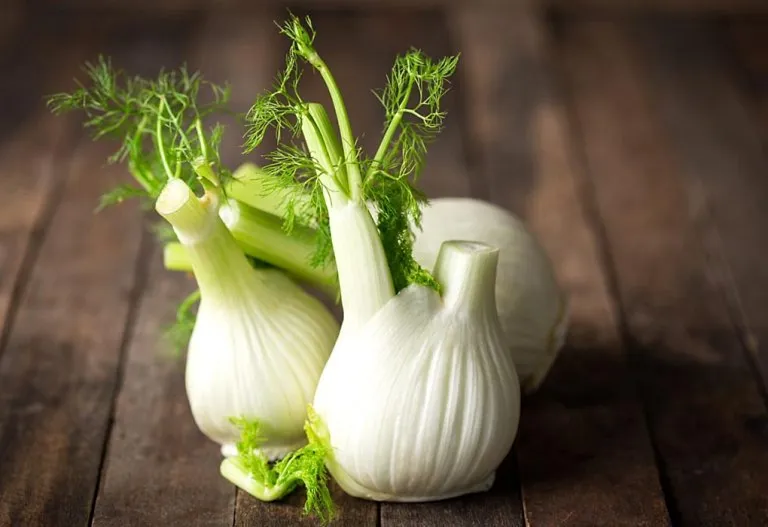

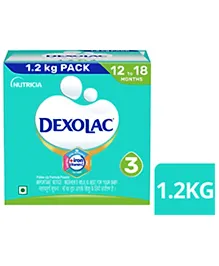


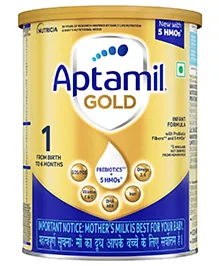


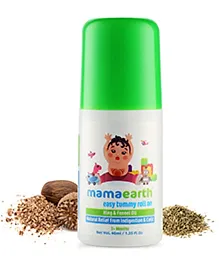
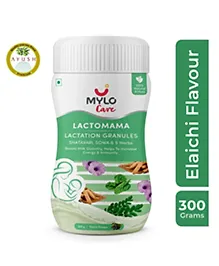

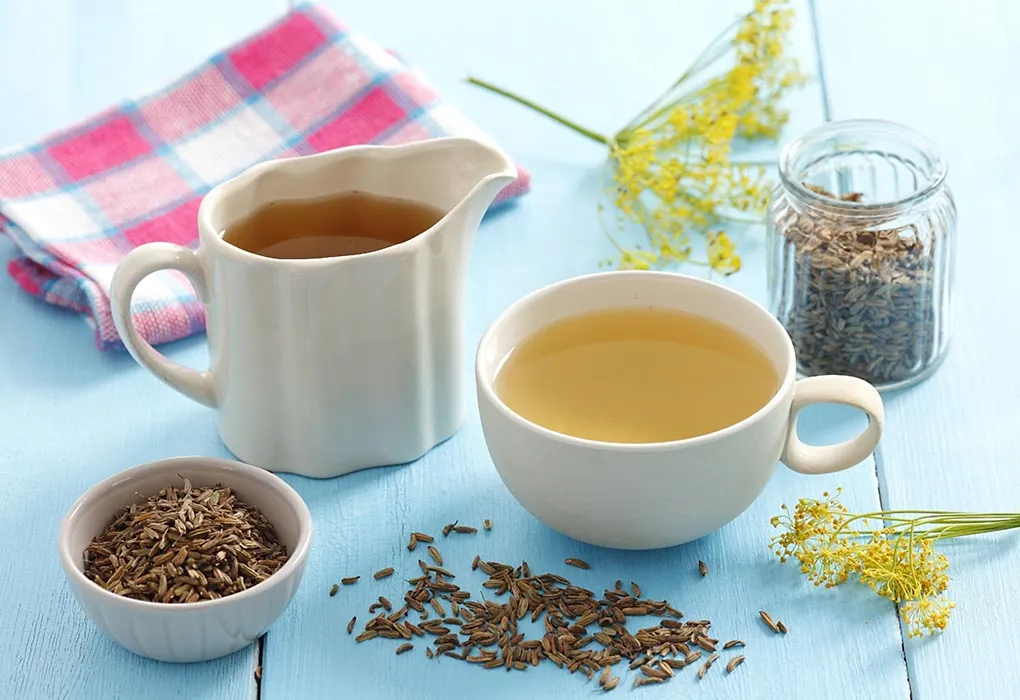
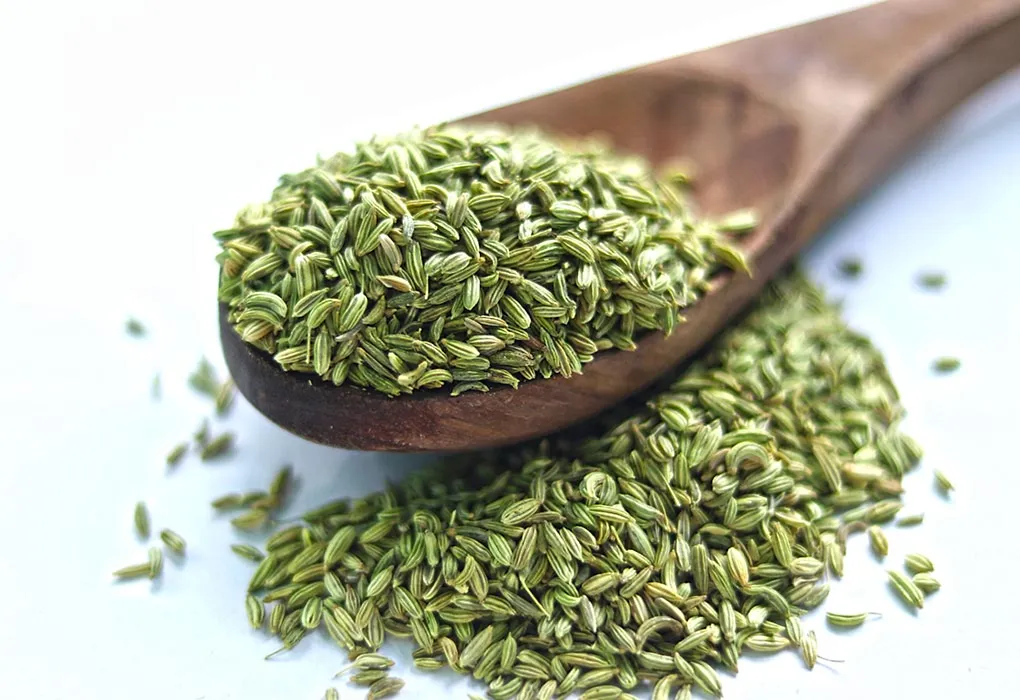
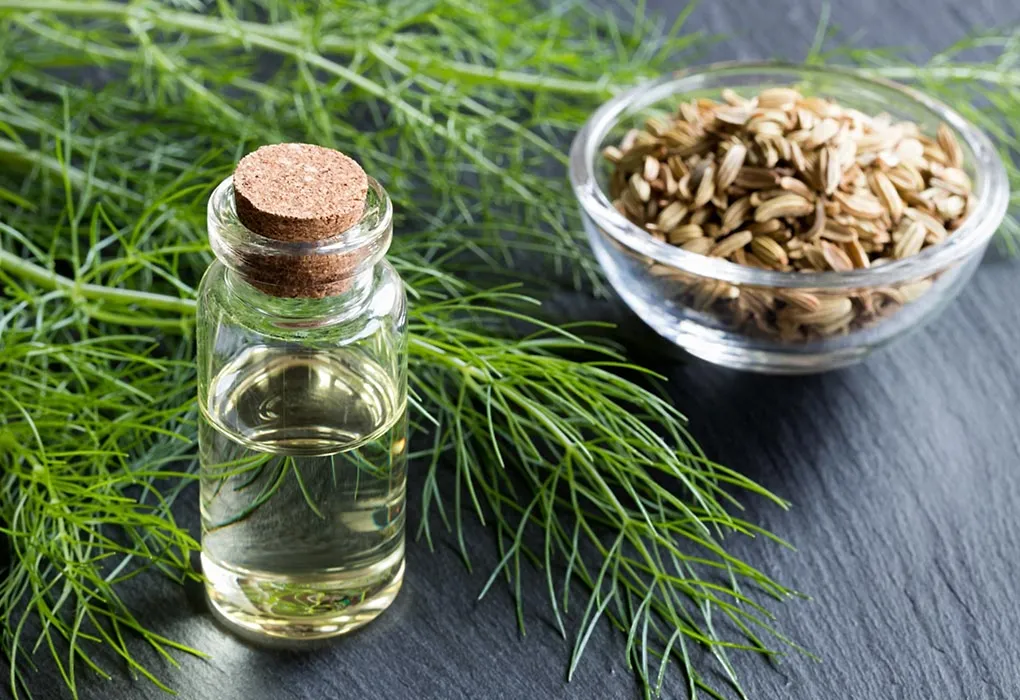







.svg)


















